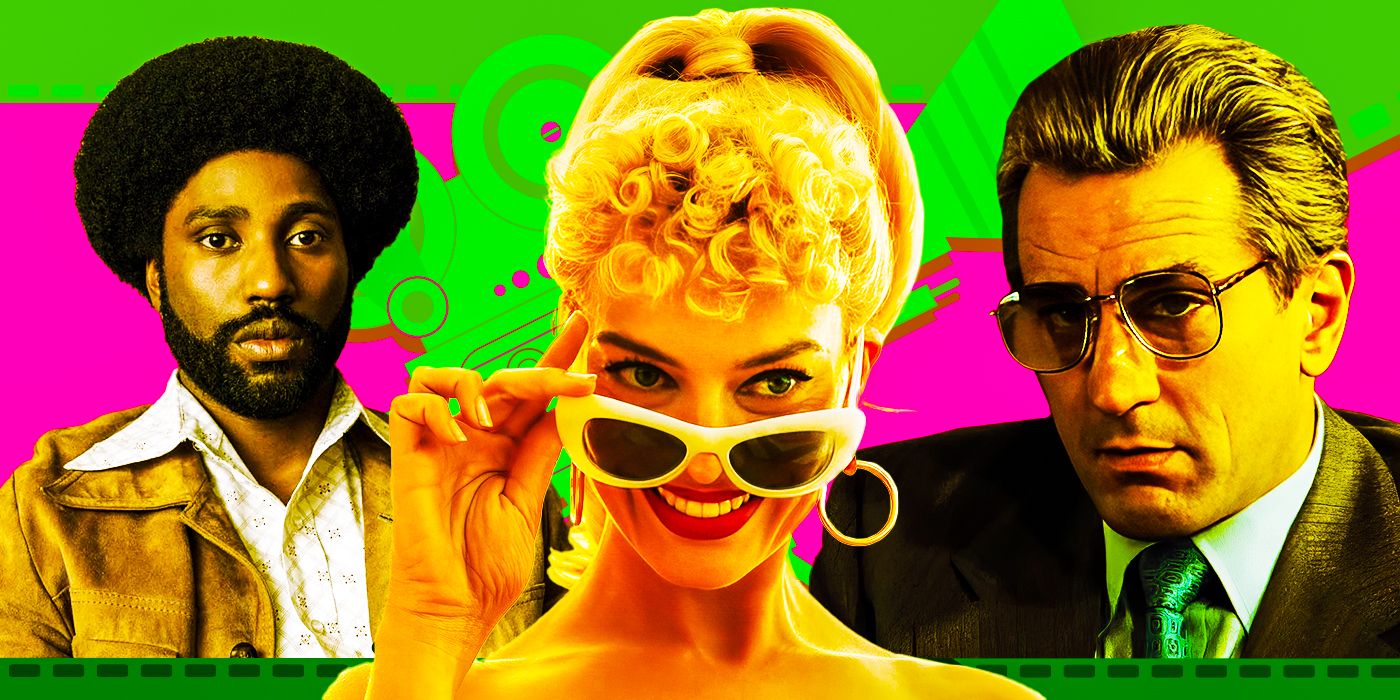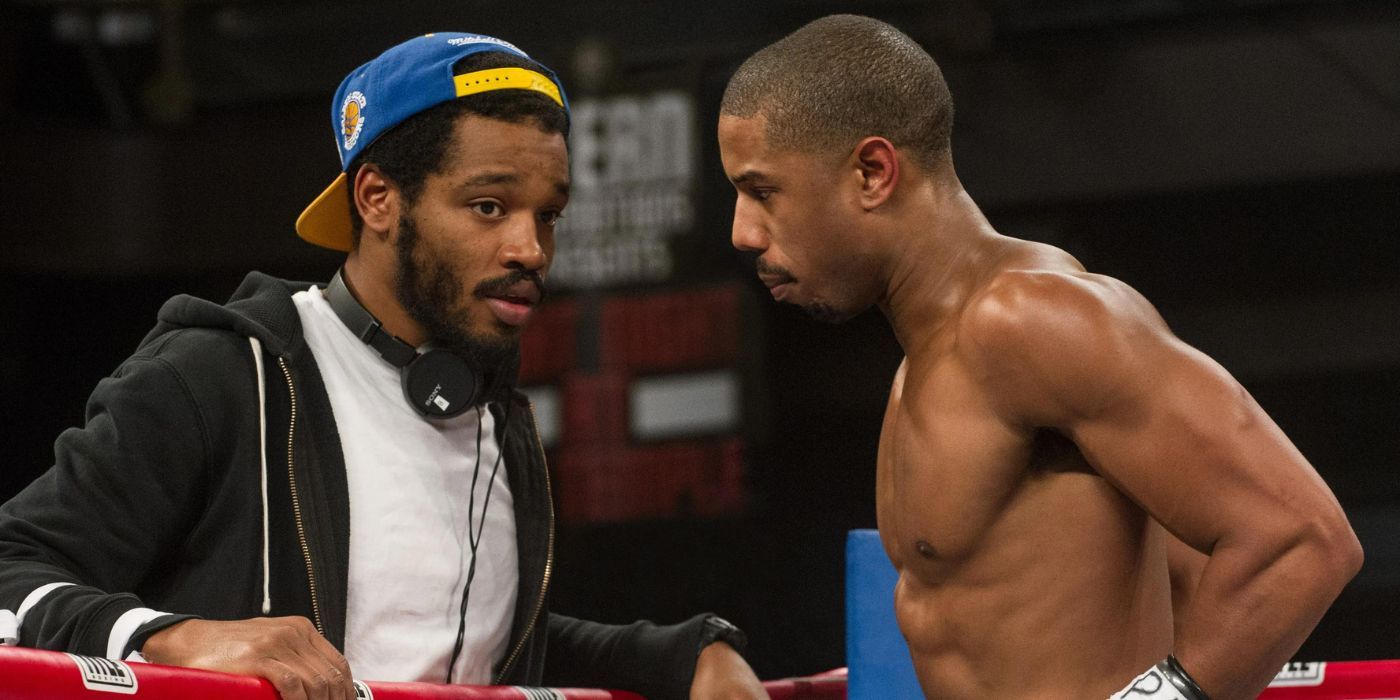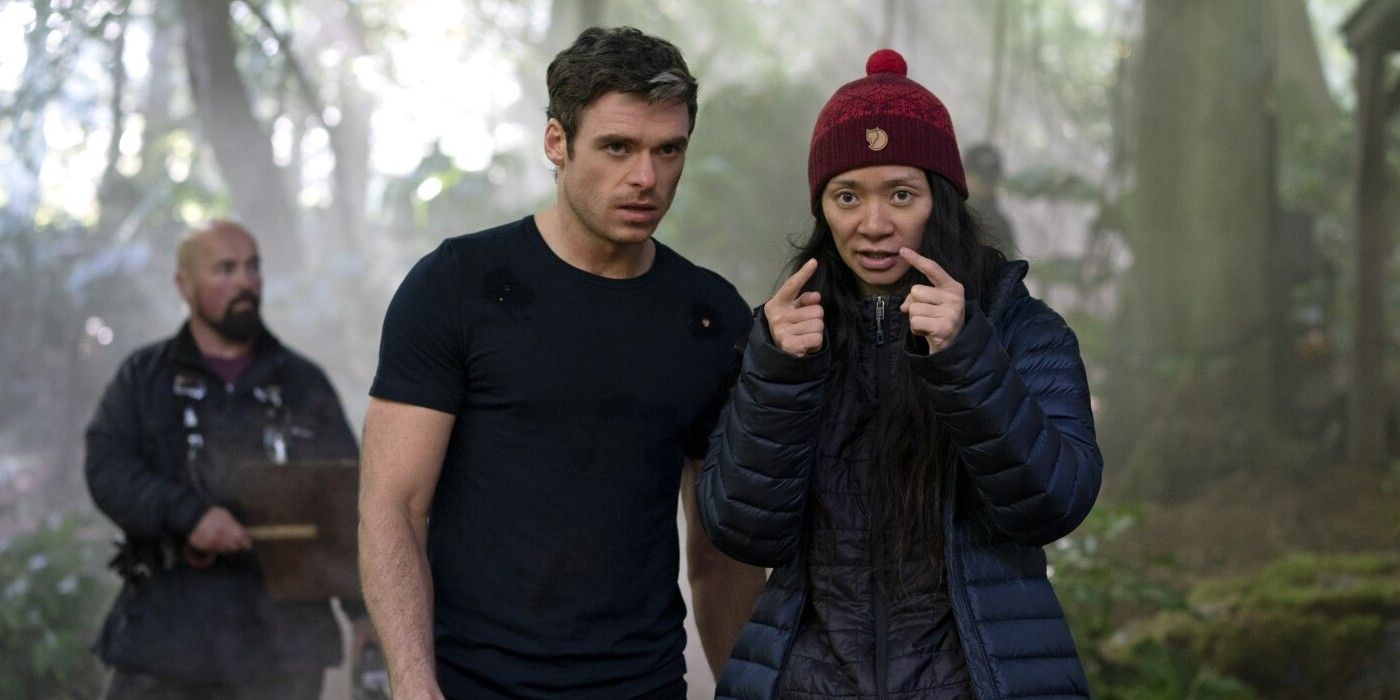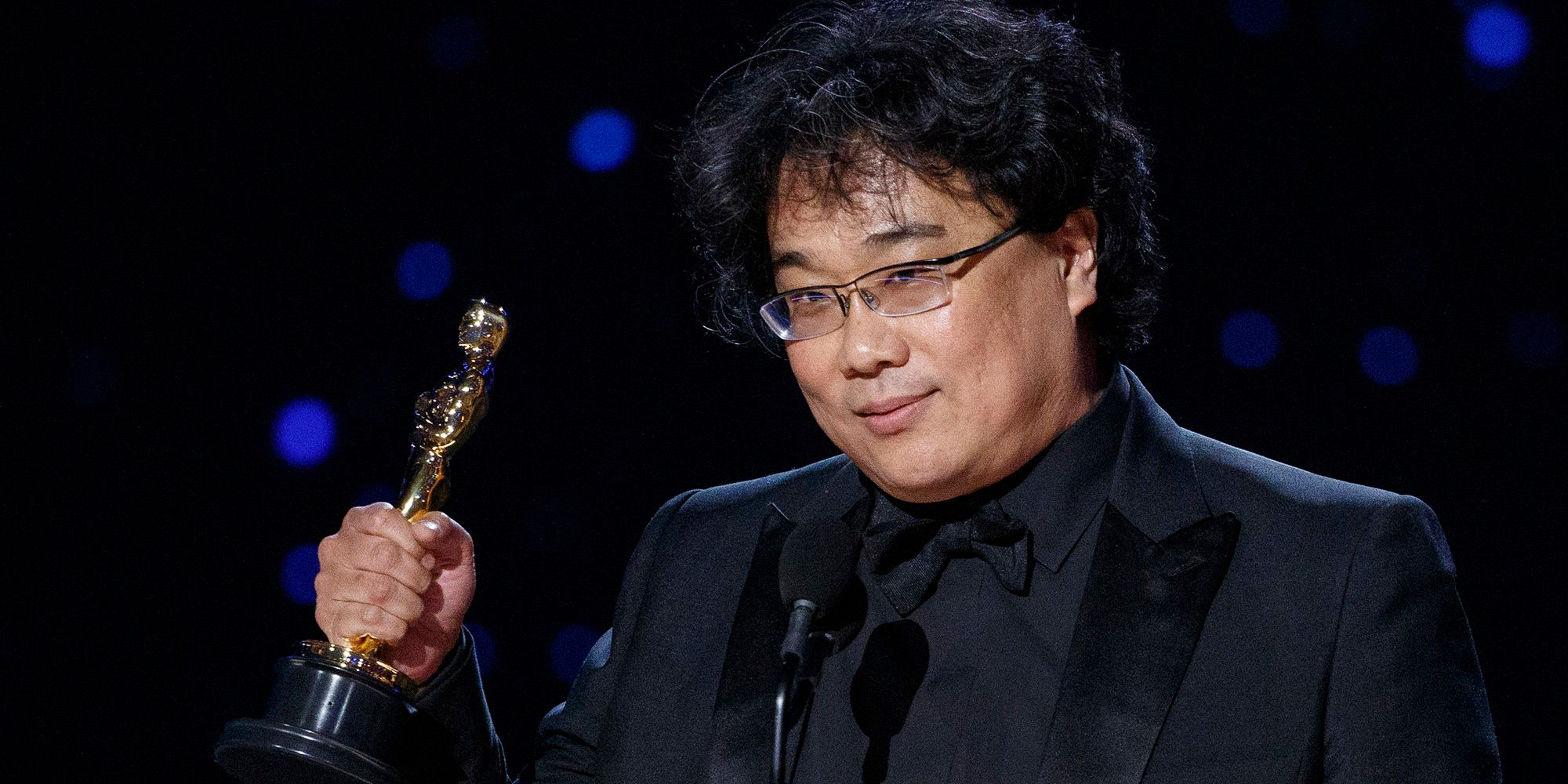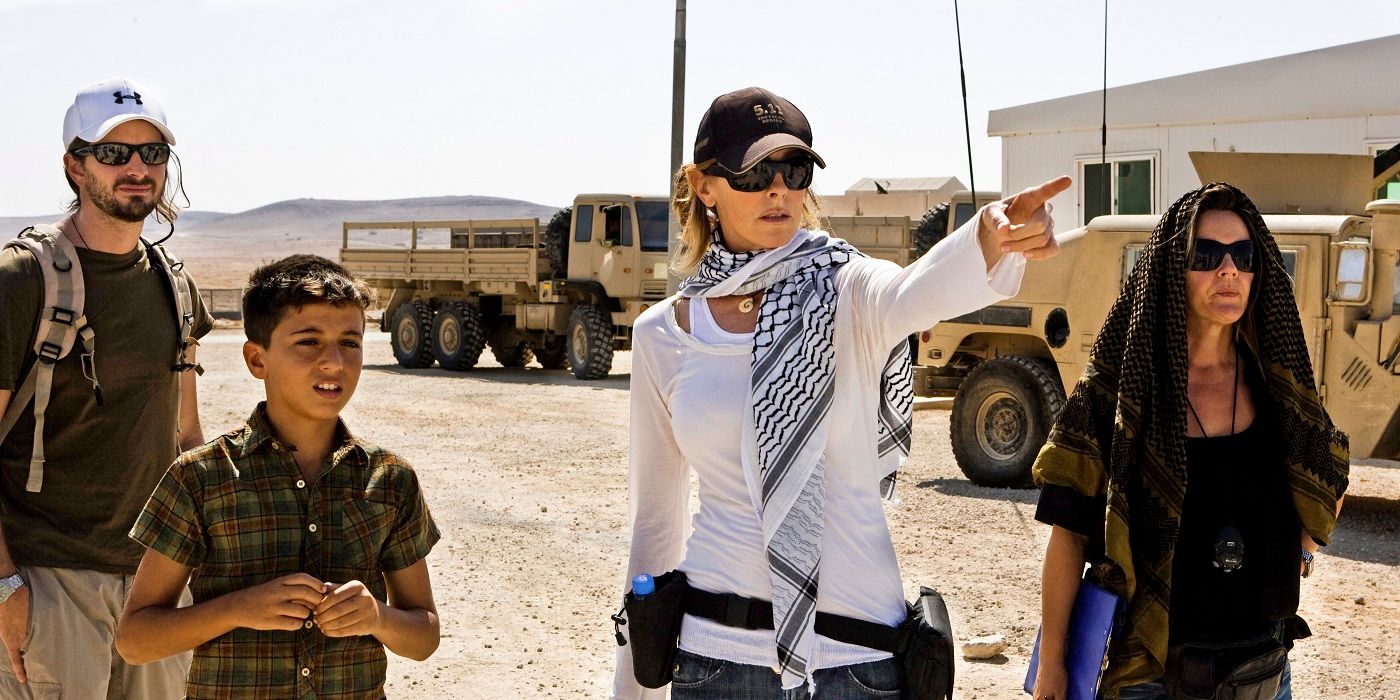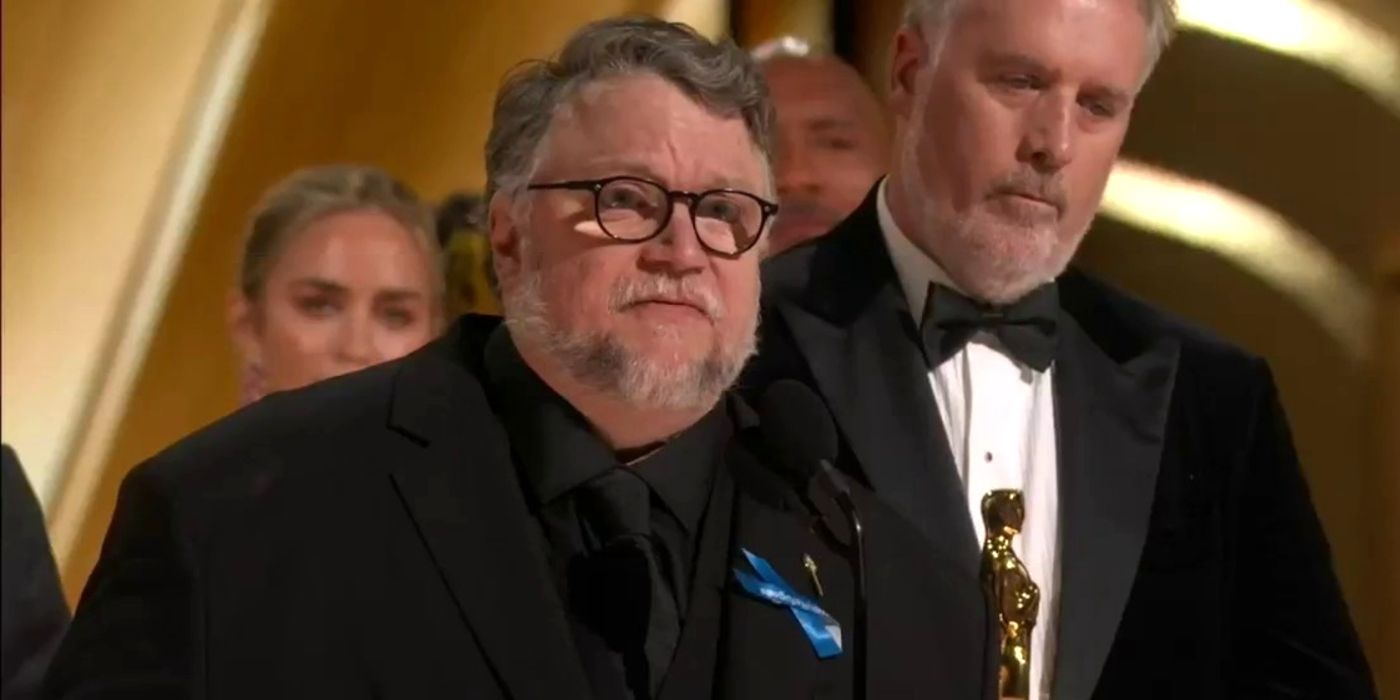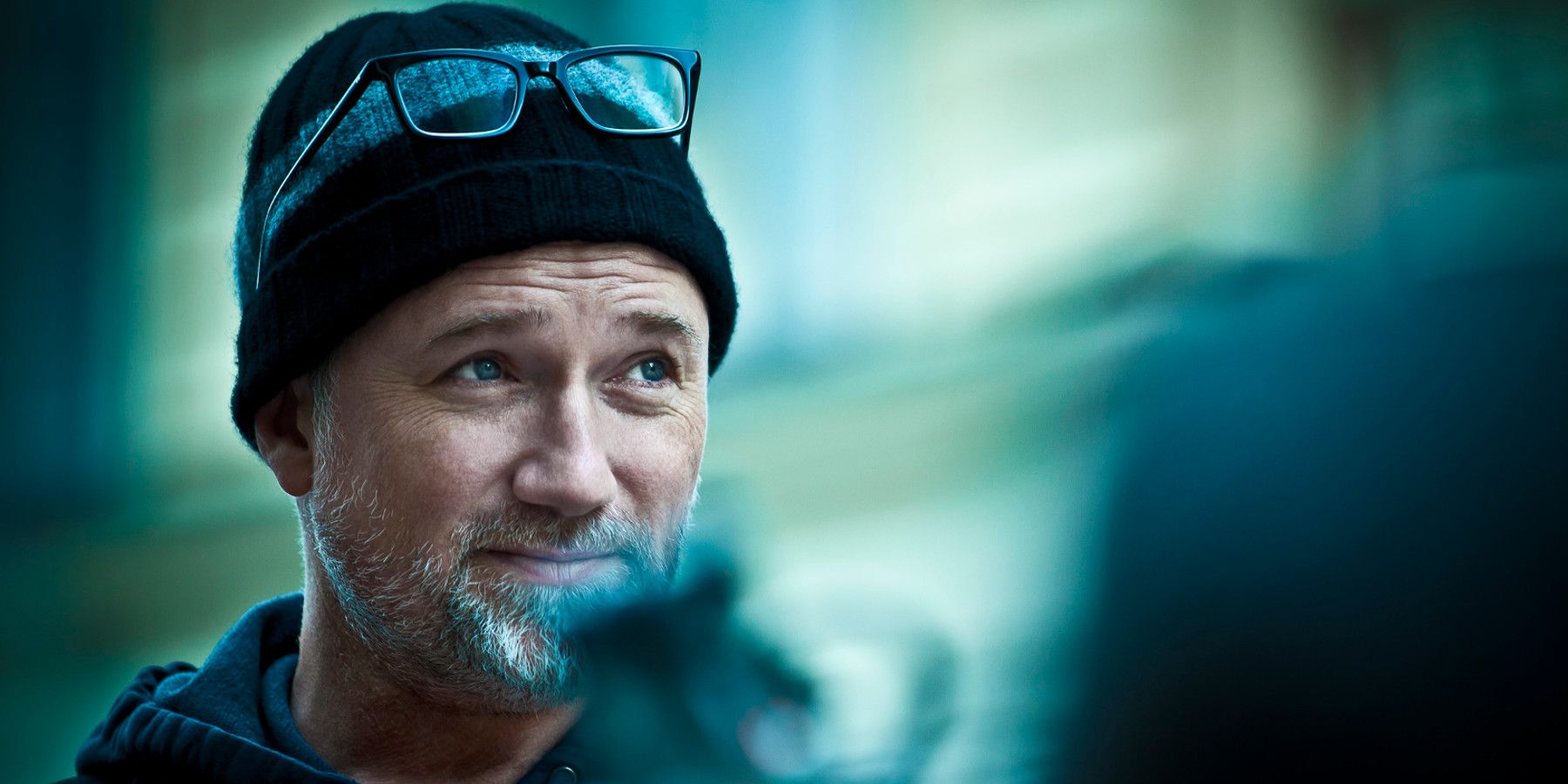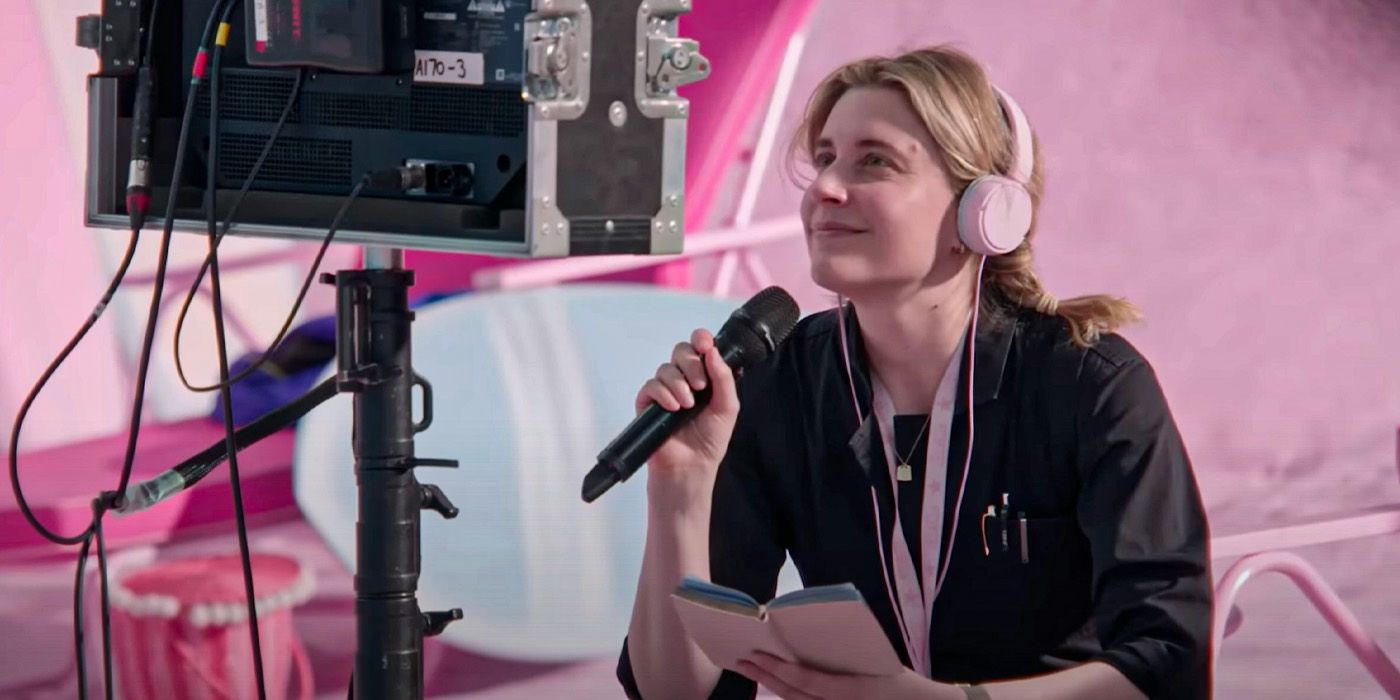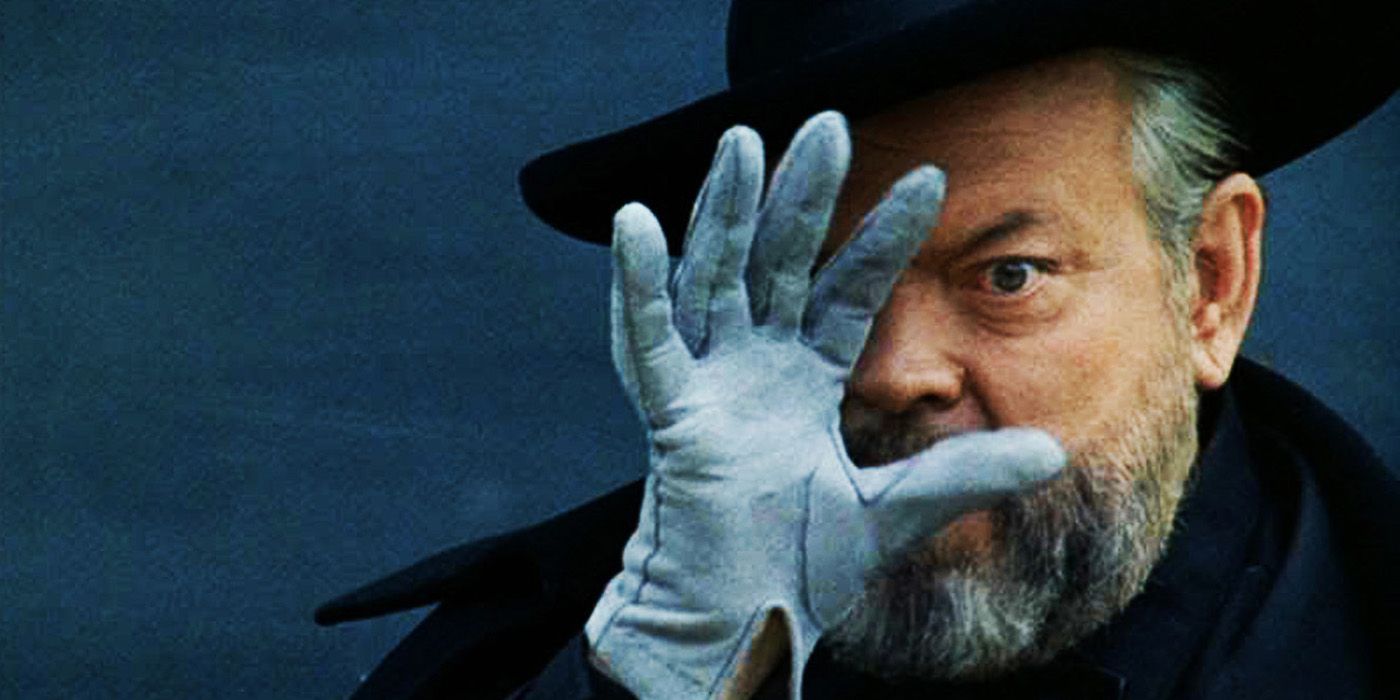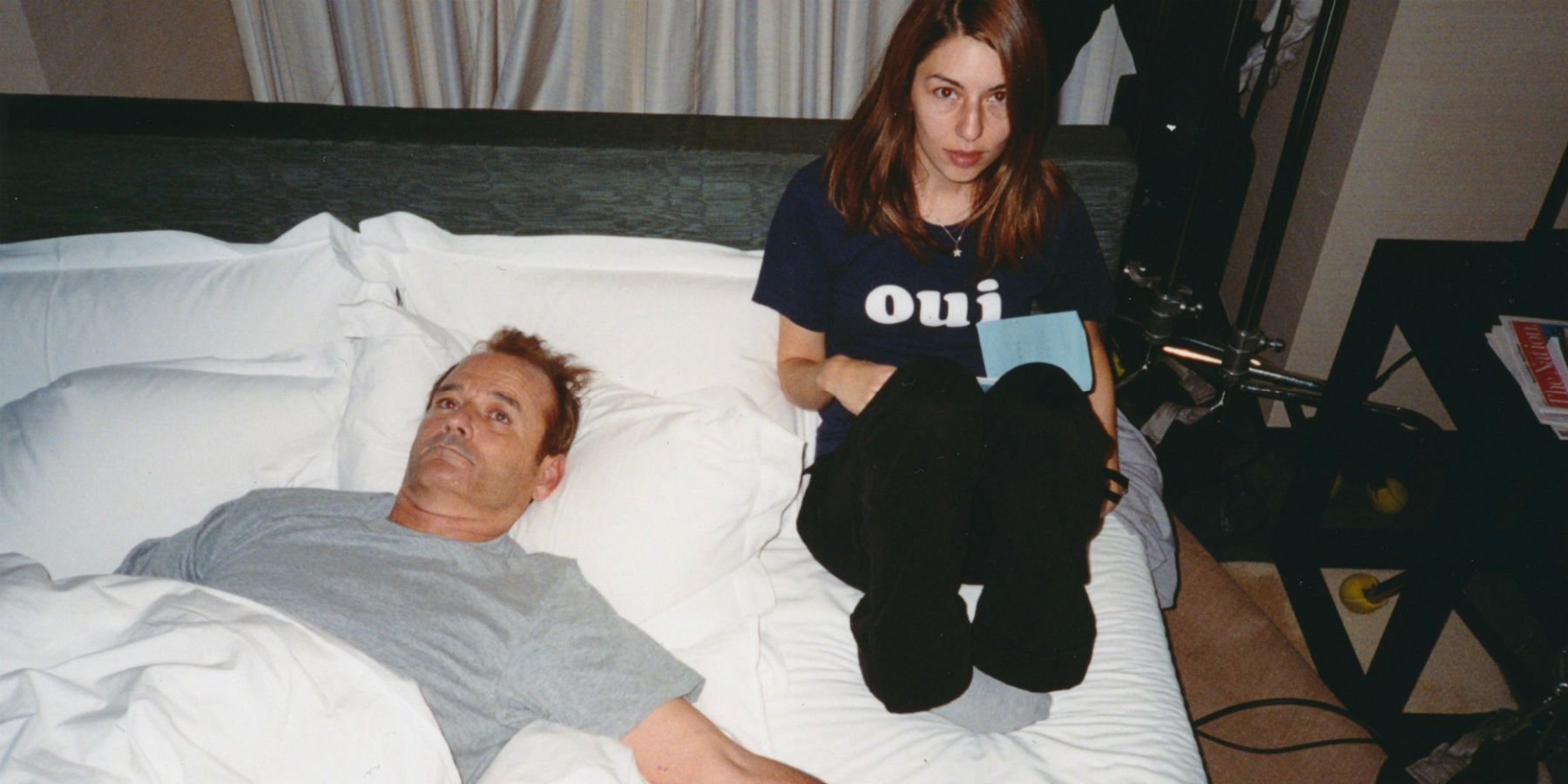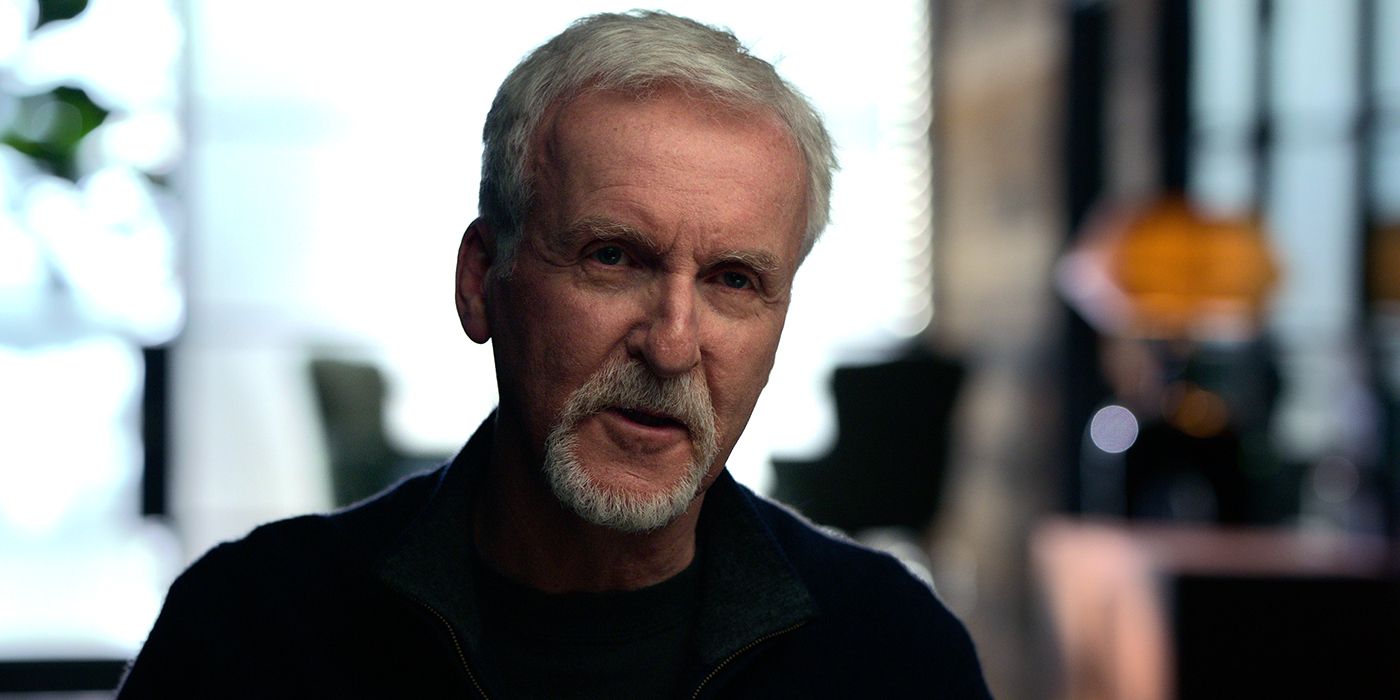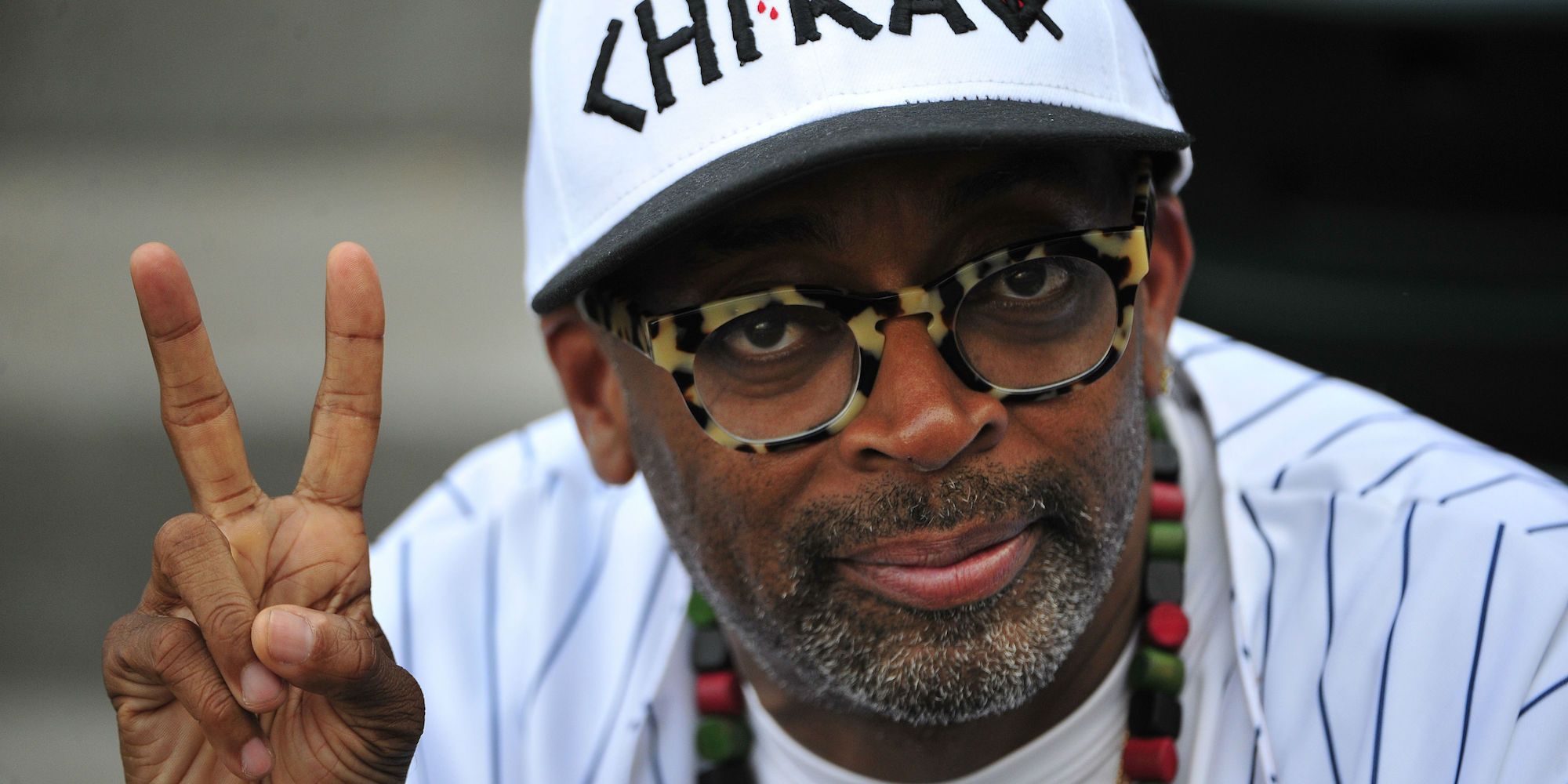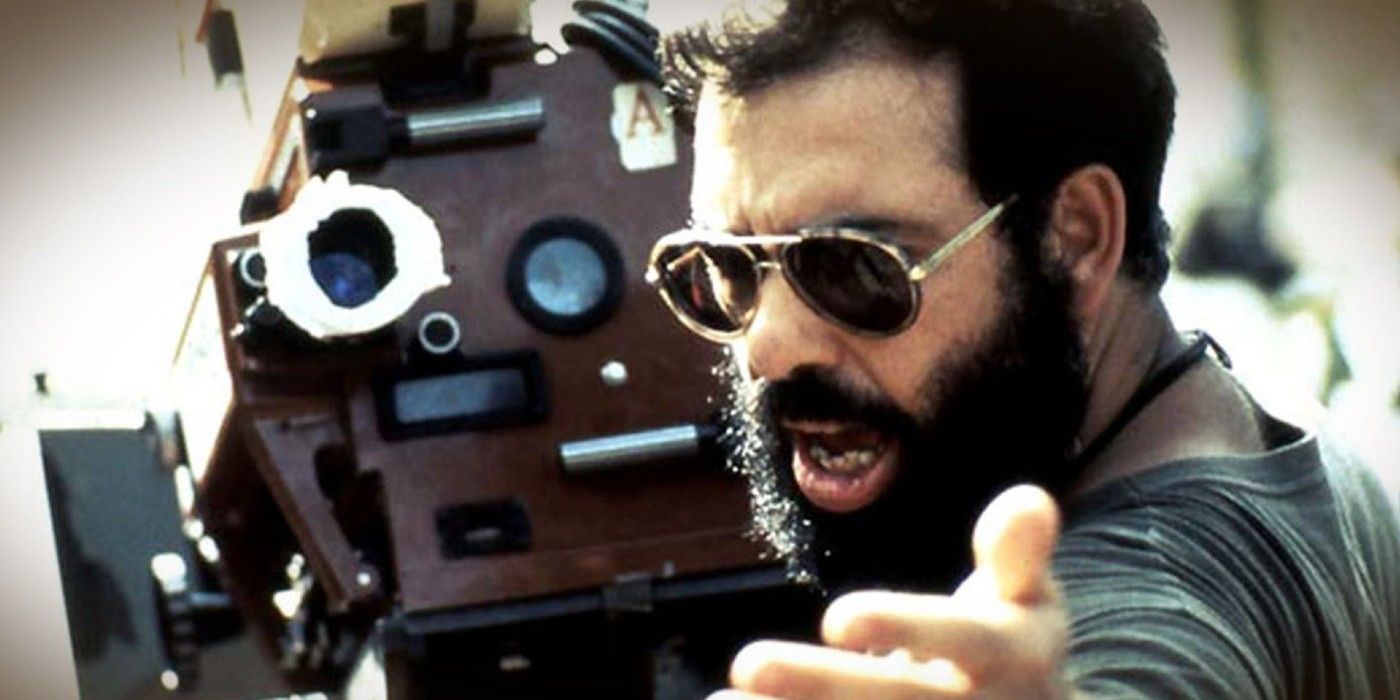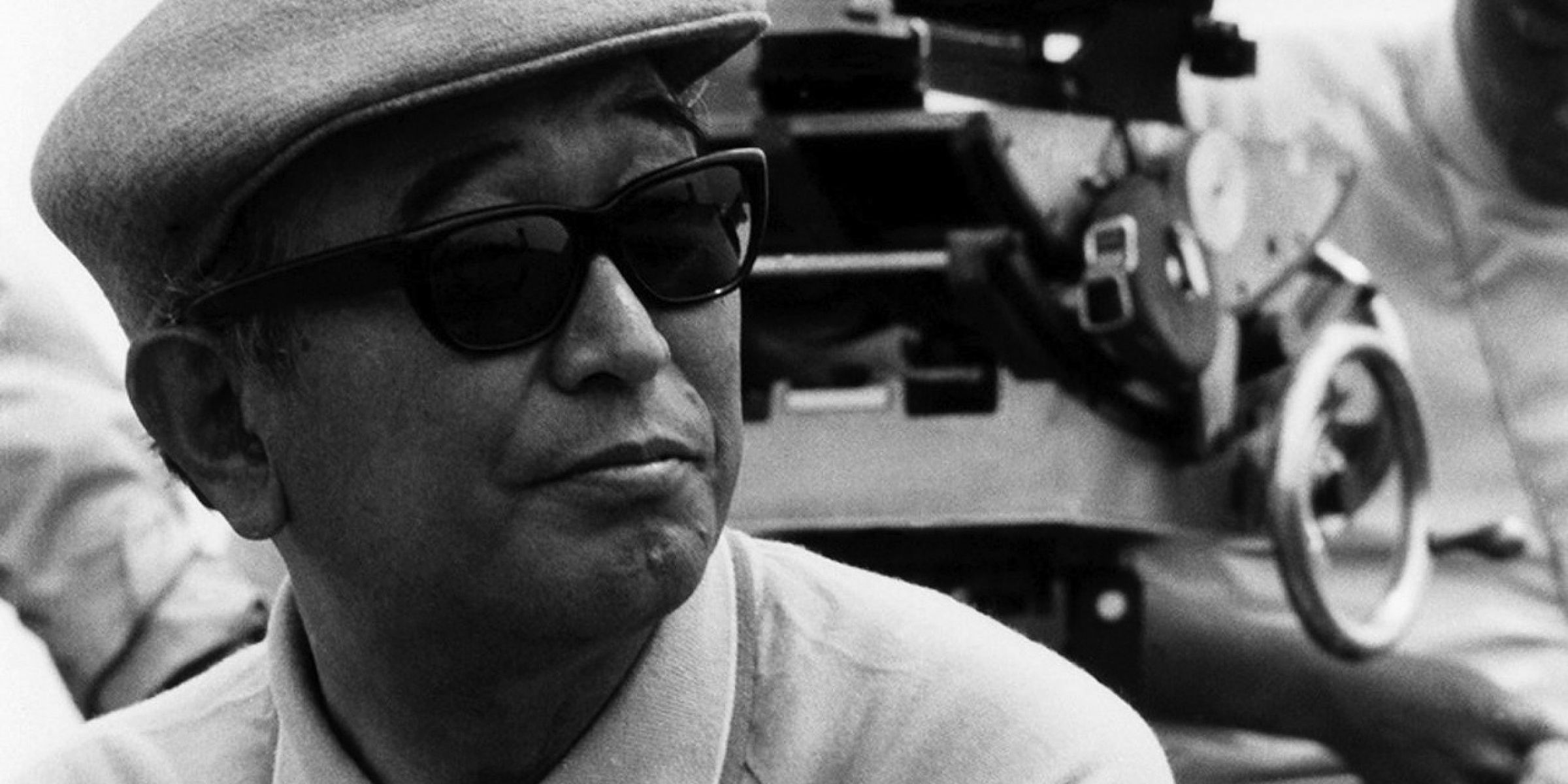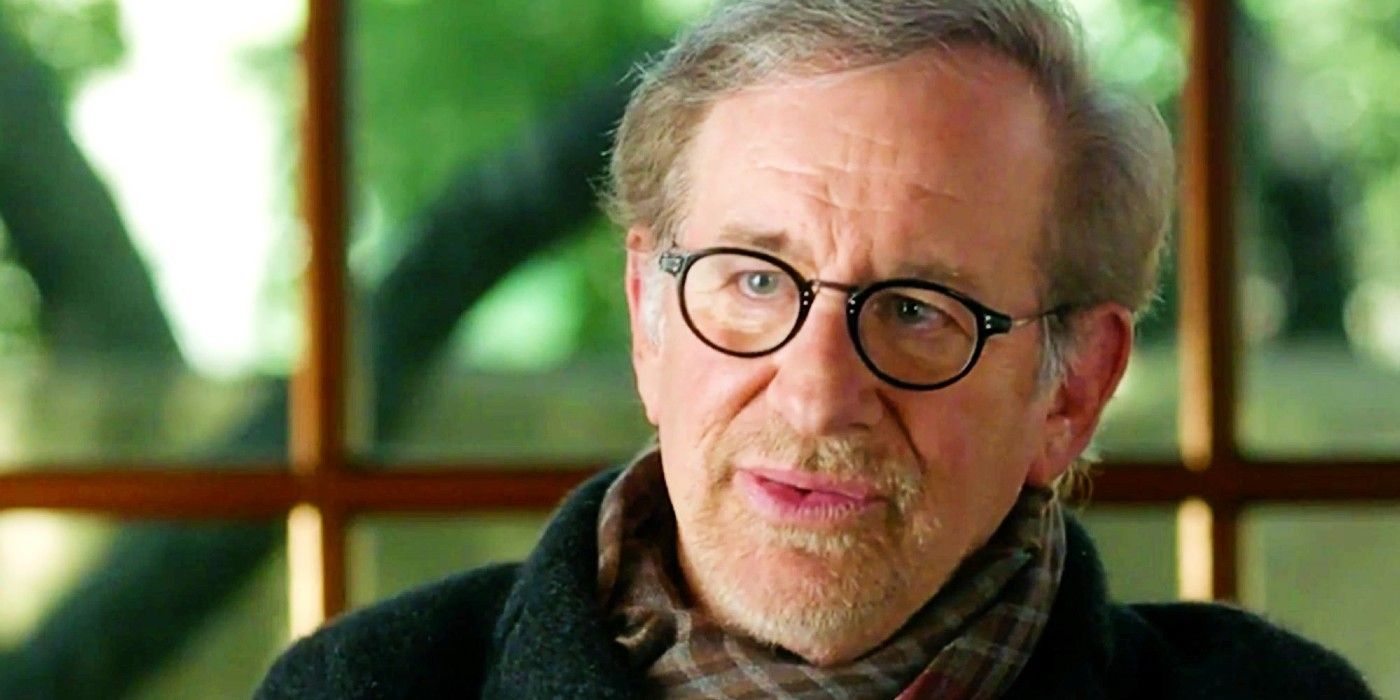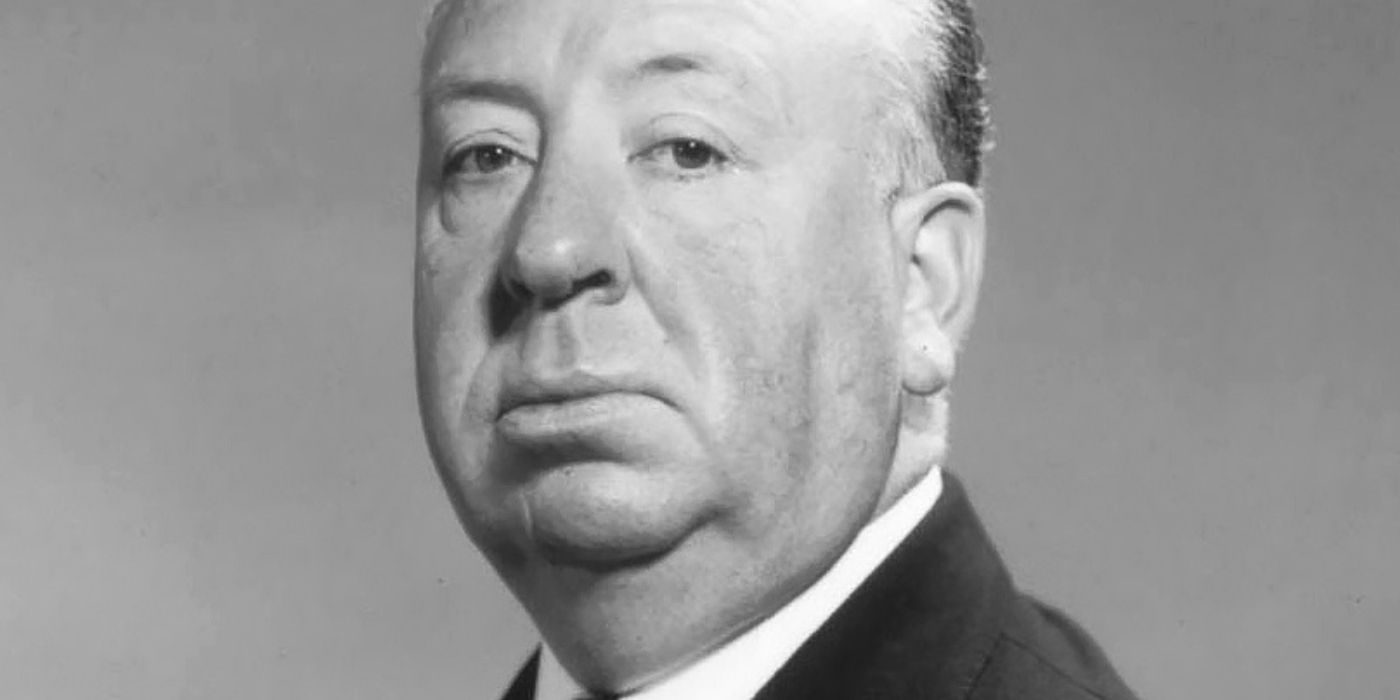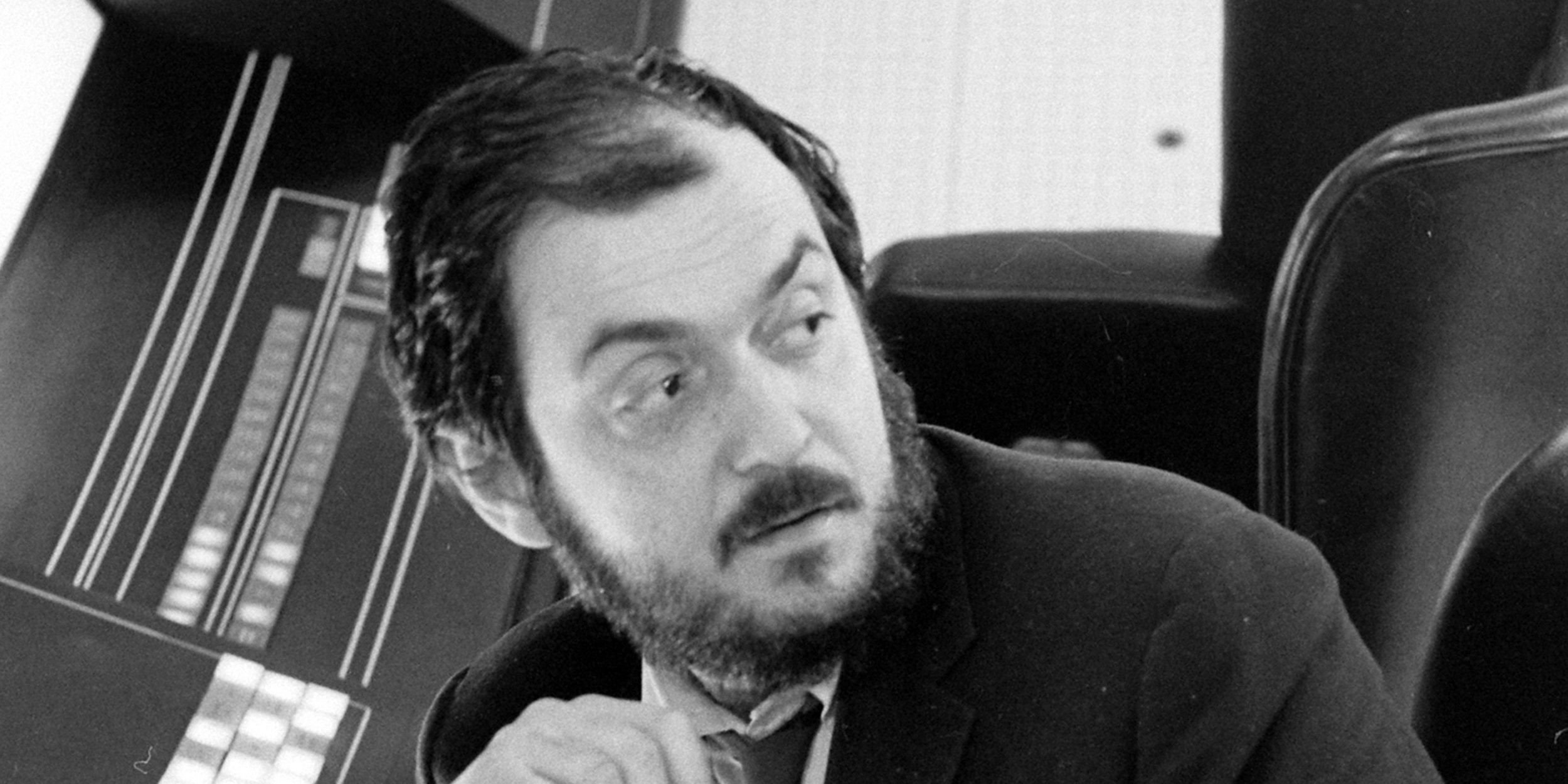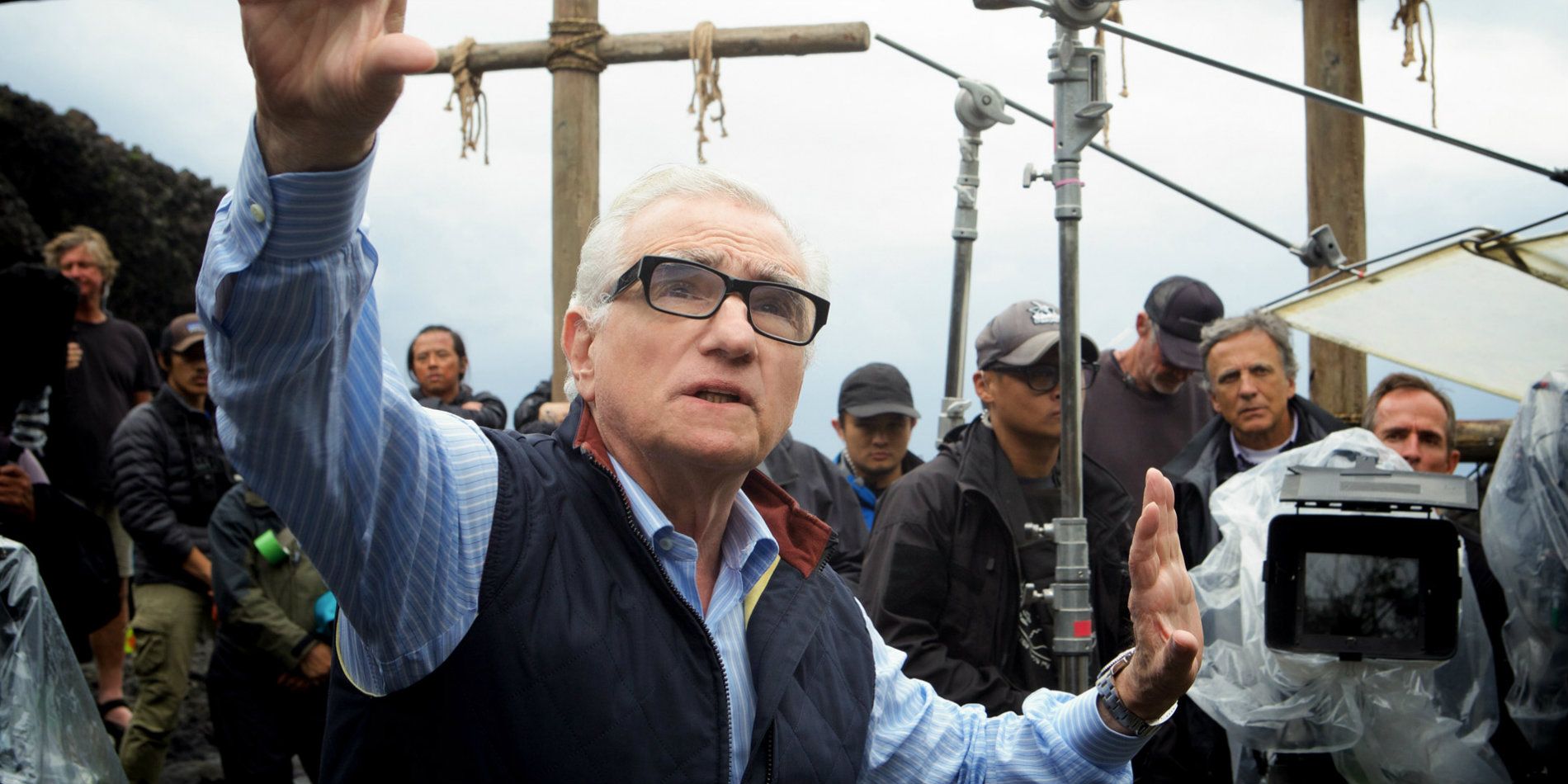Summary
- Jordan Peele's directorial debut with "Get Out" showcased his exceptional screenwriting skills and ability to delve into social commentary within a thrilling genre tale.
- Ryan Coogler's transition from indie films to franchise blockbusters, such as "Creed" and "Black Panther," highlights his talent for balancing stylish entertainment with impactful character moments.
- Chloé Zhao's ability to use non-actors effectively in her films, like "Nomadland," demonstrates her skill in crafting emotionally powerful stories and her unique visual style.
In the pantheon of cinema, the best directors of all time have left an indelible mark on the art form, elevating storytelling and visual expression to new heights. These visionary filmmakers have transcended boundaries, pushed the limits of the medium, and inspired generations. Their contributions have not only shaped the landscape of filmmaking but also enriched our cultural heritage, making their work essential study for cinephiles and industry professionals alike. These iconic directors all have their unique elements that define their cinematic legacy.
From pioneering narrative techniques to groundbreaking use of technology, each director has brought a distinctive voice and perspective to the silver screen. Their films, characterized by innovation, depth, and a profound understanding of the human condition, continue to captivate audiences worldwide. Through their work, they have explored complex themes, crafted unforgettable characters, and created moments that linger long after the credits roll. The best directors of all time are masters of cinema, whose genius and creativity have forever changed the way we experience film.
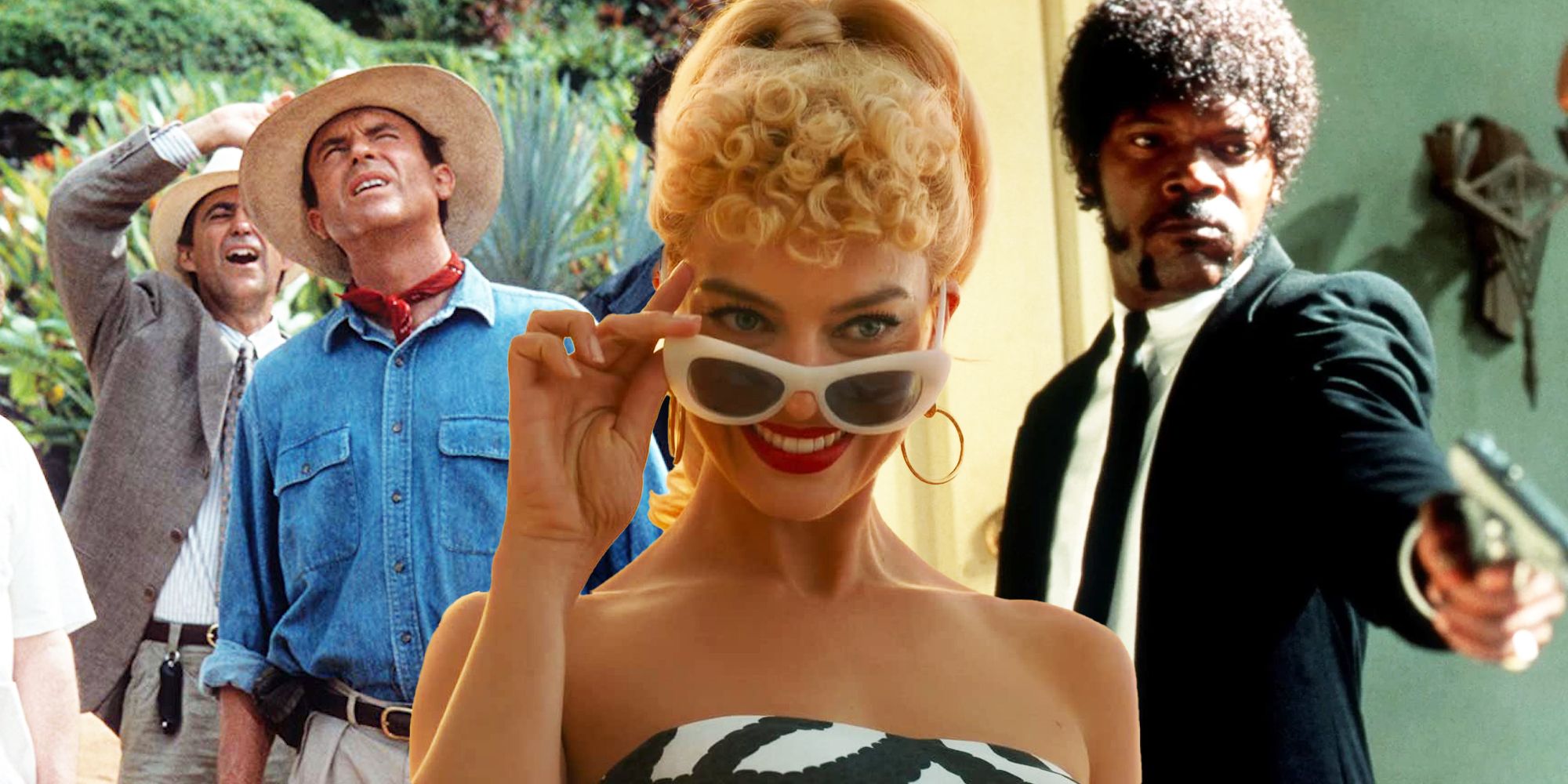
10 Best Back-To-Back Movie Releases By Famous Directors
Although all of these famous directors have made plenty of fantastic movies, directing these pairs of films back-to-back is a big accomplishment.20 Jordan Peele
Master Of Modern Suspense Crafting Cinematic Gold
As hilarious as Jordan Peele was on his sketch comedy show Key and Peele, there were not many who could have predicted the filmmaker he would become. However, Peele shocked the world with one of the most electrifying directorial debuts of all time with the horror movie Get Out. Peele's screenwriting skills showcase how brilliantly he can delve into social commentary while telling a thrilling genre tale.
While Peele's amazing writing may have stolen the show in Get Out, his next two movies showcased how truly talented he is as a director. Us took a strange concept and delivered a truly creepy thriller that maintained incredible tension. However, Nope was Peele's blockbuster filmmaking on display, crafting a big, bold, and original cinematic experience. With Peele's upcoming fourth movie already inspiring burning questions, he has become one of the rare directors who can sell a movie on his name alone.
19 Ryan Coogler
Visionary Storyteller Redefining Hollywood Excellence
Ryan Coogler has handled the transition better than any other.
It has become common practice in Hollywood these days for studios to snatch up promising indie directors and put them at the helm of giant tentpole movies. However, Ryan Coogler has handled the transition better than any other. Coogler's feature film debut, Fruitvale Station was a small and intimate story told through Coogler's engrossing slick style. He quickly proved he is not intimidated by big franchises, making his own version of a Rocky movie with Creed.
His ability to juggle stylish entertainment with impactful character moments paved the way for him to join the MCU with Black Panther. A groundbreaking blockbuster, Coogler handled the world-building aspects of the superhero world as well as the emotional and powerful human messages at its center. Though Black Panther: Wakanda Forever was another hit for him, there are many anxiously awaiting what Coogler can deliver next outside the Marvel world.
18 Chloé Zhao
A Trailblazing Auteur Revolutionizing Cinema's Landscape
Chloé Zhao is another indie filmmaker taken into the MCU, but interestingly, her smaller movies have a more expansive feel than her superhero work. Many people first came to notice Zhao's talents with the indie drama The Rider. Though a fictional narrative, the movie is filled with non-actors whom Zhao was able to pull real and powerful performances out of.
It is a testament to a director when they can use non-actors so effectively and it is even more impressive when they can mix those non-actors with recognizable talents as Zhao did in Nomadland starring Frances McDormand. Zhao's movie won Best Picture and she became the second woman to win the Oscar for Best Director. Though the response to Eternals was mixed, it was a bold departure for Marvel and is likely to earn more praise as it ages.
17 Bong Joon-ho
Breaking Records
While it can be hard to get modern American audiences to sit down and watch a foreign-language movie, Bong Joon-ho is one filmmaker who has managed to break through the international market with his brilliant work. Joon-ho became the first Korean director to win Best Director at the Oscars while his movie Parasite became the first foreign-language movie to win Best Picture. However, Joon-ho has been making terrific movies long before Parasite.
He first gained attention with his dark and haunting true-crime mystery Memories of Murder only to follow it up with the wild monster movie The Host and then deliver a gripping thriller in Snowpiercer. Joon-ho creates slick and beautiful-looking movies that balance competing tones better than any other filmmaker today. His films are not only visually stunning but are imbued with deep social commentary, often reflecting on class disparity and the human condition in a way that resonates universally.
He is a unique storyteller with a captivating visual style.
16 Kathryn Bigelow
Revolutionizing Action Cinema & Gender Norms
Kathryn Bigelow is a ground-breaking filmmaker, becoming the first woman to win the Oscar for Best Director for her war movie The Hurt Locker. The success of that film allowed Bigelow to headline big prestige titles like the modern war thriller Zero Dark Thirty as well as the period crime drama Detroit. However, Bigelow's talents as a filmmaker go back decades before the Oscar win.
Bigelow is one of the great action filmmakers of the 1980s and 1990s who was unjustly not given the same recognition as her male colleagues. Her early movies like Near Dark and Blue Steel showed a gritty yet energetic style, however, it was Point Break that showed how well she elevated a studio action movie. The foot chase in that movie is one of the great 90s action sequences. Even her supposed misfires like Strange Days have found more appreciation over time as Bigelow has reinvented herself with grounded and intense real-life thrillers.
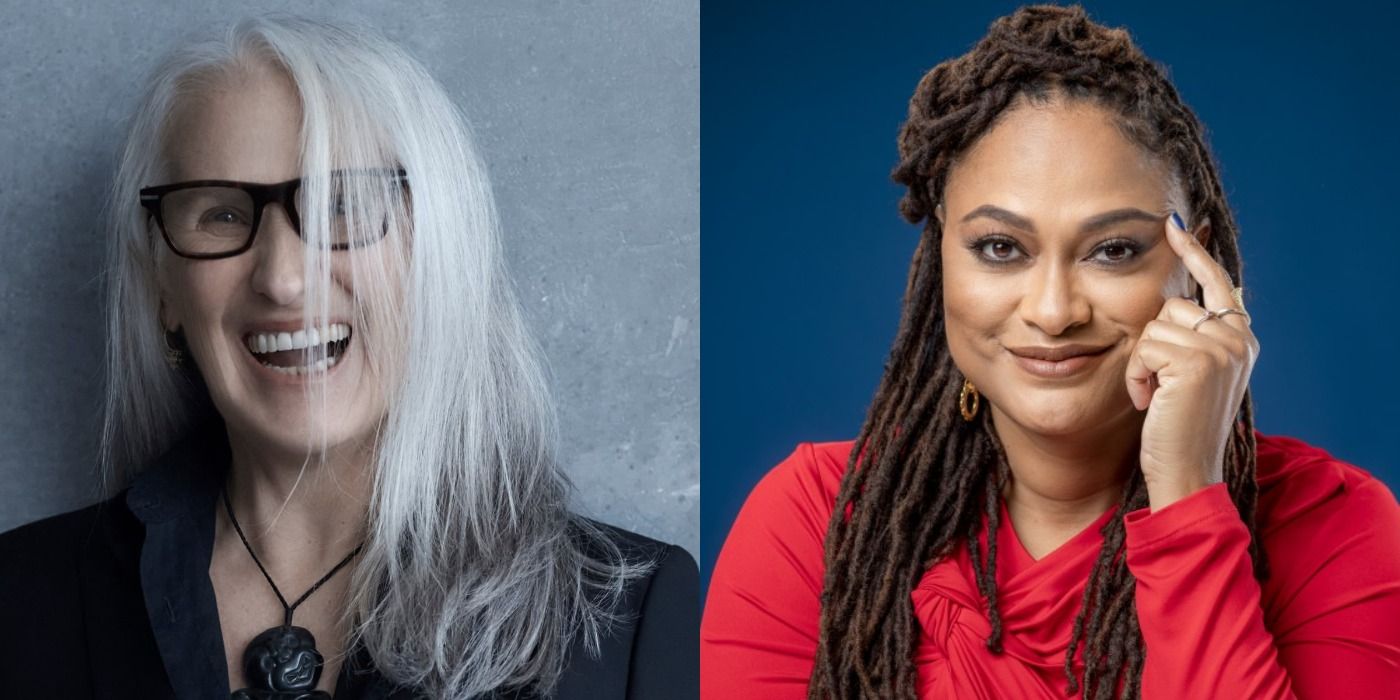
10 Female Directors & Their Most Iconic Film
These incredibly talented women have given audiences many excellent movies throughout their careers, but only one stands as their most iconic film.15 Guillermo Del Toro
Masterful Storyteller Weaving Fantastical Tales Of Heart And Darkness
Guillermo del Toro's movies often combine horror with a sense of magic, reflecting the filmmaker's odd and engrossing style. Earning his horror credentials with his Spanish movies like Cronos and The Devil's Backbone, del Toro flawlessly moved into the world of superhero movies, becoming a rare filmmaker whose own voice shines through in the genre with movies like Blade II and Hellboy.
Del Toro is at his best when he embraces his love of twisted fairy tales as in the dark yet beautiful Pan's Labyrinth. Del Toro is a filmmaker with the confidence to push storytelling to strange areas and trusts the audience will follow him. Such boldness led to his first Oscar for Best Director and one of the most unique Best Picture winners with The Shape of Water. Recently, del Toro proved he can still tell those haunting, beautiful, and strange tales in animation as well with the Oscar-winning Pinocchio.
14 David Fincher
A Cinematic Enigma Unraveling The Depths Of Human Psyche
David Fincher's movie career did not start off with great success as he helmed the poorly received Alien 3, a movie he disowns to this day. However, even the movie's harshest critics could see Fincher's talents hidden under all the studio interference. Luckily, his follow-up movie Se7en let that intense boldness shine through with Fincher's dark and precise vision in place.
Fincher has a reputation for being a meticulous director, demanding endless takes. However, the results speak for themselves as every frame of his movies bursts with information and meaning that draws the audiences into his worlds. Though he is known for dark and violent stories, The Social Network is a perfect example of how Fincher's dark vision can paint a masterpiece in any type of story. This meticulousness extends beyond his visual style, deeply influencing the narrative structure and character development within his films, which often explore themes of obsession, control, and the darker sides of human nature.
13 Greta Gerwig
Redefining Modern Narratives With Grace And Wit
Greta Gerwig has achieved success and acclaim that most filmmakers could only dream of.
With only three directorial efforts to her name, Greta Gerwig has achieved success and acclaim that most filmmakers could only dream of. After working as an actor for years and writing movies with Noah Baumbach, Gerwig made her directorial debut with the sweet, funny, and grounded coming-of-age movie Lady Bird. Gerwig earned Oscar nominations as director and writer, immediately cementing herself as a huge talent to watch.
She followed this up with a heartbreaking yet beautiful adaptation of the novel Little Women. It further showed Gerwig's talents for crafting an emotionally compelling story but also showed great leaps in her talents as a filmmaker. Barbie seemed a perplexing third choice for Gerwig that has proven a massive success. Gerwig embraces that sweet storytelling with an emotional core that is in her previous movies, but also makes a wonderfully silly big-budget comedy. It is also one of the most eye-catching blockbusters in recent memory and Gerwig has become the director to watch in the future.
12 Quentin Tarantino
Master Of Cinematic Provocation
Quentin Tarantino has made himself a big name for mastering the art of bombast mixed with tough subject matters. His second directorial effort, Pulp Fiction was one of the most influential movies of the 1990s, spawning a new wave of young filmmakers trying to capture his unique style of throwback cinema, violence, and humor, but only proved there is no one like Tarantino himself.
Tarantino continued to explore genres he loves like kung-fu action movies in Kill Bill, war adventure movies in Inglourious Basterds, and Spaghetti Westerns in Django Unchained while adding his own flare. Tarantino has been building to10 movies before deciding to retire from behind the camera with the upcoming The Movie Critic being his final project as a director. As sad as it will be to see such a career end, the filmography Tarantino has left behind is a stunning achievement.
11 Orson Welles
Visionary Auteur Redefining The Art Of Filmmaking
The late director Orson Welles is one of the most notable parts of the medium and industry's history. Throughout his career, Welles worked in movies, theater, and radio, and his first movie Citizen Kane - which he produced directed, and starred in - was a landmark project. It's frequently cited as one of the best movies ever made, and Welles as one of the best directors in the business by extension.
Even being the first movie on his resume, it already gave him an Academy Award nomination. However, he was also known for movies like Touch of Evil. Along with his brilliant villainous performance in that movie, Welles proves he can take a B-movie crime story and turn it into a masterpiece. He was a filmmaker of incredible innovation who changed Hollywood with his bold vision. Welles' impact extended beyond specific genres; he was a pioneer in using film techniques like deep focus and non-linear storytelling, which have influenced countless filmmakers and become standard in modern cinema.
10 Sofia Coppola
Poetic Storyteller Crafting Dreams On Screen
It defies the odds that one family could produce two all-time great filmmakers, but Sofia Coppola established herself as a brilliant visionary apart from her acclaimed father. With her debut movie, The Virgin Suicides, Coppola introduced her specific style which was mixing the beauty on screen with the dark and melancholy underneath. That was just the beginning for this impressive filmmaker.
Coppola's first three directorial efforts cement her auteur vision with beautifully shot and captivating stories of intimacy and loneliness. Lost in Translation really made people pay attention to her talent, but interestingly, it is her most misunderstood movie, Marie Antoinette, that shows the visual mastery yet personal touch of her movies. Coppola has continued to put out high-quality films since then even if they haven't all become iconic. Her ability to draw nuanced performances from her actors, combined with her distinct narrative voice and aesthetic sensibility, sets her apart in the industry.
9 James Cameron
Epic Spectacle And Unforgettable Adventuresfting Dreams On Screen
It is impossible to ignore the talents of a director who surpassed himself to deliver the highest-grossing movie of all time. James Cameron exploded on the scene with The Terminator, showing a boldness and craftsmanship to action filmmaking that had been largely absent from Hollywood movies in the 1980s. That boldness led him to confidently take over the Alien franchise from Ridley Scott and change the taut thriller into a gung-ho action ride.
Cameron is an explorer, as much in real life as he is as a director. He is constantly pushing the medium, technology, and the industry to catch up to where he is. He is a filmmaker whose ambition causes those to doubt him, from his sequel to his over-budget Titanic epic to the long-delayed Avatar franchise. However, Cameron's track record suggests doubting him is a fool's game.
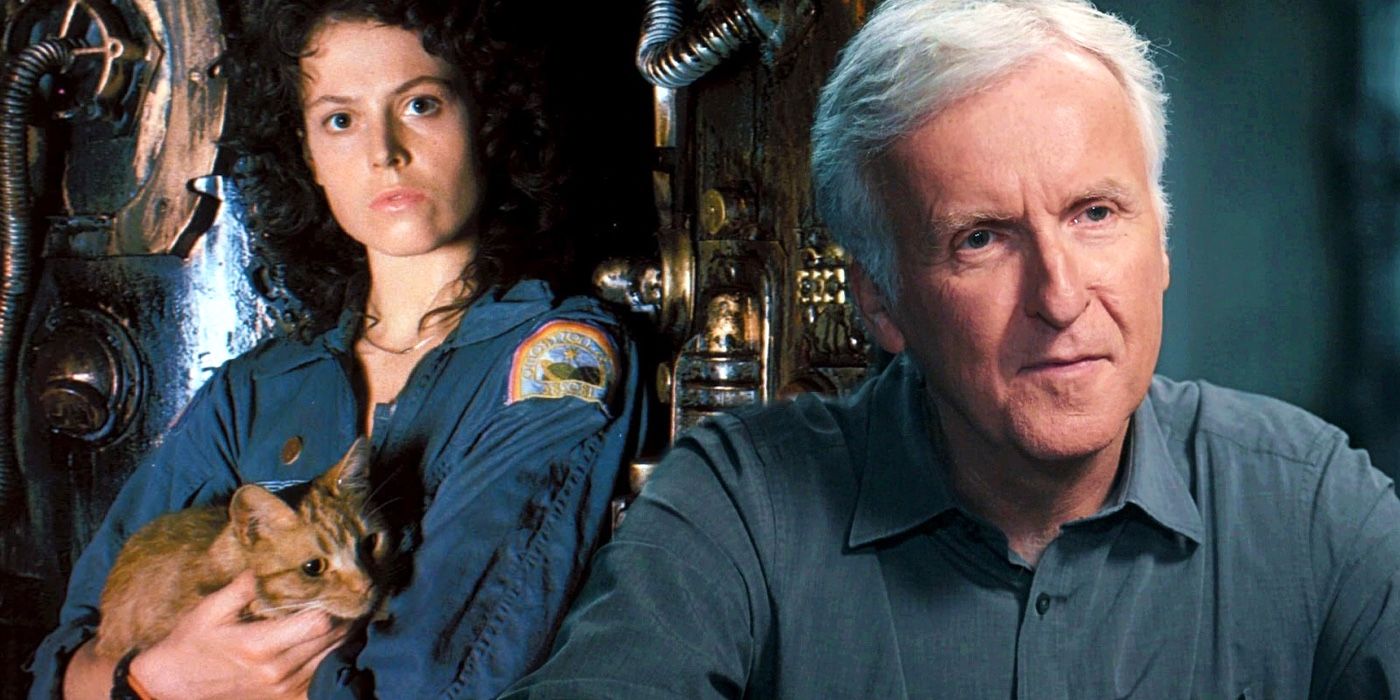
Why James Cameron Never Returned To The Alien Franchise
Most don't realize that James Cameron co-wrote and directed Aliens, the sequel to Ridley Scott's Alien. However, he never came back to direct another.8 Christopher Nolan
Mind-Bending Maestro Of Cinematic Complexity
One such modern household name and a fan-favorite director is Christopher Nolan. The director started on smaller scales that still showed early on his pension for mind-bending plots with the likes of Memento. He only grew from there and even expanded into franchise projects, including one of the most beloved movie trilogies in The Dark Knight Trilogy.
Given Batman's compelling psychology, Nolan did well in executing some of the most intense stories for The Dark Knight. After and in between, he dove further into the thought-provoking, visually thrilling, and science-fiction with movies like The Prestige, Inception, and Interstellar. Nolan's boldness for creating cinematic experiences sets him apart in the modern film world with Dunkirk being an engrossing war movie. Oppenheimer has been praised as Nolan's best movie to date by many critics and its success can largely be due to the man behind the camera.
7 Spike Lee
Bold Visionary Championing Social Justice Through Film
Spike Lee came onto the scene with one of the most defined and bold auteur visions of all time.
Emerging in the late 1980s, Spike Lee came onto the scene with one of the most defined and bold auteur visions of all time. He began with ultra-low-budget comedies like She's Gotta Have It and School Daze which told stories of Black relationships and love. Then, Lee made what is considered one of the greatest movies of all time with Do the Right Thing. The movie captures the incredible versatility of Lee's talents, exploring his humor, colorful characters, social commentary, and unique filmmaking style.
From there the director proved that every Spike Lee movie can be different from the last, delivering biographies with an epic feel in Malcolm X, a throwback crime thriller with Inside Man, a New York slice-of-life drama with 25th Hour, and a period detective story with BlacKkKlansman. Lee continues to reinvent himself with each movie carrying the potential to be his next masterpiece.
6 Francis Ford Coppola
The Enduring Legacy Of Francis Ford Coppola
Along with directors like Martin Scorsese, Francis Ford Coppola was partly responsible for the peak of the mobster crime-drama genre. Coppola did so by giving the medium perhaps the greatest pair of mobster movies ever made. The Godfather and The Godfather Part II are also considered two of the best movies ever made in general, with the second being especially impressive for accomplishing the rare feat of a sequel that surpasses its acclaimed predecessor.
Those movies gave one of the most imposing performances by Marlon Brando and skyrocketed the career of the revered Al Pacino. Coppola went on to helm the troubled production of Apocalypse Now, turning a disaster into another masterpiece, heralded as yet another of the greatest movies ever made. Even Coppola's more overlooked movies like The Conversation have an understated brilliance most directors could only hope to achieve.
5 Akira Kurosawa
The Timeless Influence Of Akira Kurosawa
Despite Hollywood at the time being dominated by Western filmmakers, Akira Kurosawa's inspired epics made the global audience pay attention. His acclaimed 1951 movie Rashomon is what opened the door for him and Japanese film to enter western markets, and was the start of what would become one of the industry's most influential directing legacies. Though, Kurosawa's Seven Samurai is commonly referred to as his magnum opus.
The ~3.5-hour-long samurai drama was a beautiful blend of Japanese filmmaking and the American Western genre. Kurosawa told involving and human stories, sometimes on a massive scale with the beautiful visual language that would go on to inspire countless American filmmakers that followed. Kurosawa's imprint on the Star Wars universe is just one example of his lasting legacy. His ability to transcend cultural and language barriers, creating stories that resonate with universal themes of honor, morality, and the human spirit, has cemented his status as a pioneer in the world of cinema.
4 Steven Spielberg
Exploring The Spielberg Magic
In terms of sheer mainstream appeal, Steven Spielberg has given audiences a wide variety of movies that capture that feel of "Hollywood magic." Spielberg's status as one of "New Hollywood's" essential directors came from his grand adventures like E.T. and the iconic Indiana Jones to suspenseful horror thrillers like Jaws. The latter was a game-changer when it came to horror and thriller movies in particular.
His movies generally age especially well, too, as the 1993 classic Jurassic Park was a mix of awe-inspiring adventure and imagination, along with some tasteful implementations of horror. Spielberg's intricate use of practical effects is also a big part of his movies' timeless element. This mastery over storytelling, coupled with his innovative approach to filmmaking, particularly in the use of special effects and sound, has made Spielberg a cornerstone in the evolution of cinema.
3 Alfred Hitchcock
Master Of Suspense: The Timeless Legacy Of Alfred Hitchcock
Alfred Hitchcock's work is undoubtedly one of the most studied subjects in film classes across the world. His influence in movies has permeated to this day in some form when it comes to things like cinematography and establishing an atmosphere. While Spielberg's aforementioned Jaws was a milestone for horror, Hitchcock's The Birds was an earlier milestone for the genre.
Hitchcock's work in other thriller areas was also noteworthy entries in cinematic history, like his intense psychological thrillers Vertigo and Psycho. Both of them have become vastly more appreciated over the years thanks to the daunting presence created by his direction, camera work, and the actors' respective performances. His pioneering techniques in creating suspense and psychological tension have not only defined the thriller genre but have also influenced countless directors in their approach to storytelling and visual composition.
2 Stanley Kubrick
Visionary Auteur
Stanley Kubrick is one of the movie industry's best directors for effectively adapting unique source materials. This has led him to direct a variety of genres in movies, with his works having predominantly been characterized by grim realism and dark humor. Kubrick's ability to transcend genre conventions allowed him to craft films that were not only visually stunning but also intellectually stimulating, earning him a reputation as a visionary filmmaker.
Kubrick's created adaptations for psychologically nerve-wracking movies.
Kubrick's created adaptations for psychologically nerve-wracking movies like 2001: A Space Odyssey - which has been praised as one of the best sci-fi movies - and outright disturbing dystopias like A Clockwork Orange. Kubrick was also known as meticulous and a perfectionist, which was reflected in his work given the intricate level of detail in cinematography and set design. Kubrick's legacy is not just in the mastery of film technique but in the way his movies continue to inspire discussion and analysis, cementing his status as a titan of modern cinema.
1 Martin Scorsese
Unveiling The Cinematic Brilliance Of Martin Scorsese
Succeeding the mobster-genre expert Francis Ford Coppola is Martin Scorsese. He's picked up the torch for keeping the genre (as well as psychological character studies like Taxi Driver) compelling today and is even now releasing highly-anticipated movies. Every time Scorsese announces and releases a new project, it becomes a cinematic event of its own. One of the director's biggest assets is how consistent he is in releasing high-quality work.
Scorsese is one of the great filmmakers when it comes to visual language in a movie. He can use the camera to communicate so much that can remain unsaid by the characters. The way Scorsese has the camera drift away from Travis Bickle during an uncomfortable phone conversation in Taxi Driver or how he films the brutality of the boxing matches in Raging Bull showcase his unbeatable skills as a visual storyteller. The famous long-take sequence in Goodfellas is not just a filmmaker showing off but a purposely impactful choice that says so much about the story at that moment.

